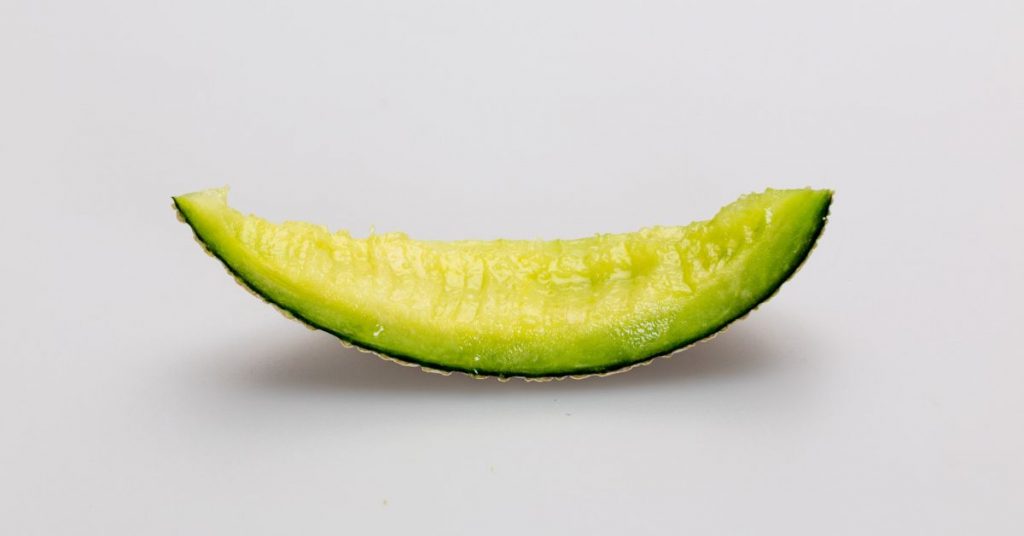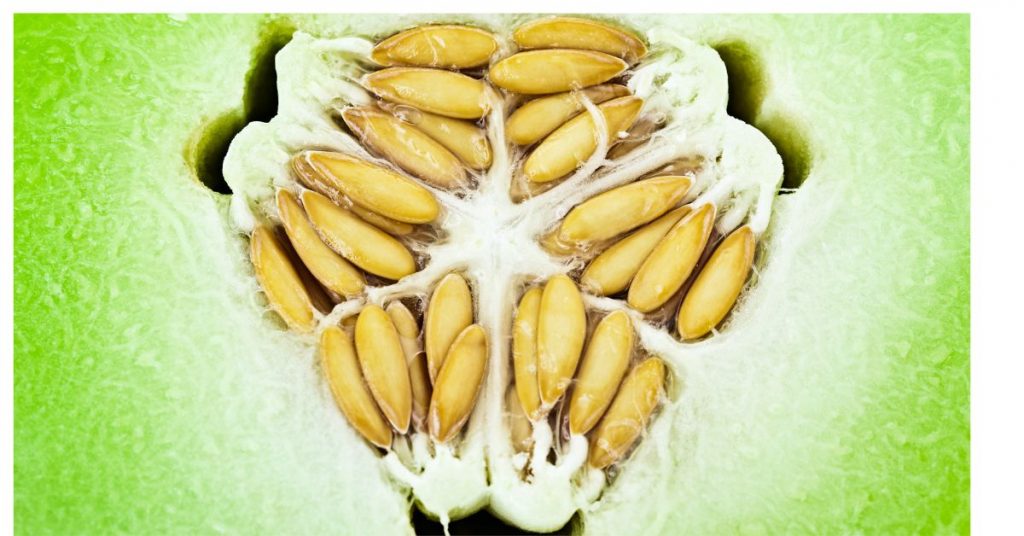Honeydew Melon Magic: Can Dogs eat Honeydew Melon!
During the summer months, honeydew melons can be a refreshing treat. This juicy melon offers a variety of health benefits for people, but can dogs eat honeydew? Here is everything you need to know about dogs and honeydew melons.
Yes, dogs can eat honeydew melons, which are suitable for them in moderation. There is nothing in the melon that is toxic to dogs. The seeds of the melon along with the rind are also not poisonous. That does not mean you should let your dog eat an entire honeydew melon. This fruit is loaded with natural sugars which is why they are appealing to eat. The high sugar content can make your dog have loose stools or vomit.
Can dogs eat honeydew rinds?
Yes, dogs can eat honeydew rinds, but that does not mean they should. These can be difficult for a dog to digest and larger chunks pose the risk of creating a bowel obstruction. The typical cost of a bowel obstruction removal can be between $2500 and $3500. The dog will not get anything from eating the rind except some fiber. The risk is really not worth the reward. Stick to feeding the dog the flesh of the fruit and put the rings in the compost bin.

Can dogs eat golden honeydew?
Dogs can eat any variety of honeydew, including golden honeydew. The same rules apply though, the dog should not exceed 10% of its diet as fruit if kibble feed, or 2% if they are on the raw diet. Any more than the 10% number will throw the dog’s diet out of nutritional balance.
Hazards of eating honeydew melons?
- Allergies: Like with any food, some dogs might be allergic to honeydew melon. Watch for signs of allergies, such as itching, skin irritations, or digestive upset, if you’re introducing it for the first time.
- High Sugar Content: Honeydew melon is sweet and contains natural sugars. Feeding too much can lead to weight gain and potentially dental issues in dogs. The high sugar content is why it is very important to portion control.
- Digestive Upset: Feeding large amounts of honeydew melon at once can upset a dog’s stomach and lead to diarrhea or vomiting. Introduce it gradually and in small quantities to see how your dog reacts. If the dog does not have any GI issues, you can gradually increase the melon up to the dietary limitations based on how your feed your dog.
- Seeds: Remove any seeds from the honeydew melon before feeding it to your dog. Seeds can be a choking hazard and may contain small amounts of cyanide, which can be toxic in larger quantities. More importantly, a dog that consumes a large amount of seeds could end up getting a bowel obstruction.
- Rind: The tough rind or skin of the honeydew melon can be difficult for dogs to digest and may lead to gastrointestinal discomfort. Always remove the rind and offer only the juicy, fleshy part.
- Portion Control: While honeydew melon contains vitamins and minerals, it should be given as an occasional treat and not a primary food source. Too much can unbalance a dog’s diet. Also be aware that since this is a juicy fruit, the dog will need to have access to go outside or it may have an accident in your home.

Safest Way To feed a Dog Honeydew
The safest way to feed this healthy fruit to your dog is to first cut it directly in half. Once it is open, scoop the seeds out with a spoon and put them in your compost. Next, you want to cut the rind away from the nice juicy flesh. The rind should also be tossed into the compost bin. You should now be left with two halves. At this point, you can either cut it into wedges and feed the dog or you can go a step further and cut it into cubes.
It is recommended to cut them into cubes that are small enough that the dog can’t choke on them. Some dogs tend to swallow treats whole without chewing. The other thing I noticed is my dog Clove loves to take her treats back to her bed to eat them. The smaller chunks make less of a mess when she chomps down on the melon.
Health benefits of feeding a dog honeydew melons
Honeydew melons are an excellent source of fiber for the dog. If you have a dog that is constipated, a little bit of fiber goes a long way in helping the dog relieve itself. On top of all the fiber, honeydew melons also off a similar vitamin profile to both cranberries and watermelon.
Honeydew melons are antioxidant-rich with vitamins that are known to boost the immune system and support a healthy heart. They contain vitamin C, Vitamin A, Potassium, folate, niacin, and high water content, all of which are great for a dog’s overall well being.
Is honeydew melon toxic to dogs?
Are any melons toxic to dogs?
Summary: Can Dogs Eat Honeydew
- Dogs can eat honeydew melon, Avoid feeding them anything but the flesh
- Avoid the seeds, rind, and skin. All of those items can cause GI issues or even worse a bowel obstruction
- The safest way to feed dogs honeydew is by cutting them into smaller chunks to avoid choking
- Honeydew melons are an excellent source of fiber and some essential vitamins for dogs
- Other healthy snacks for dogs include – Pears, Blackberries, Mango, and Oranges.



